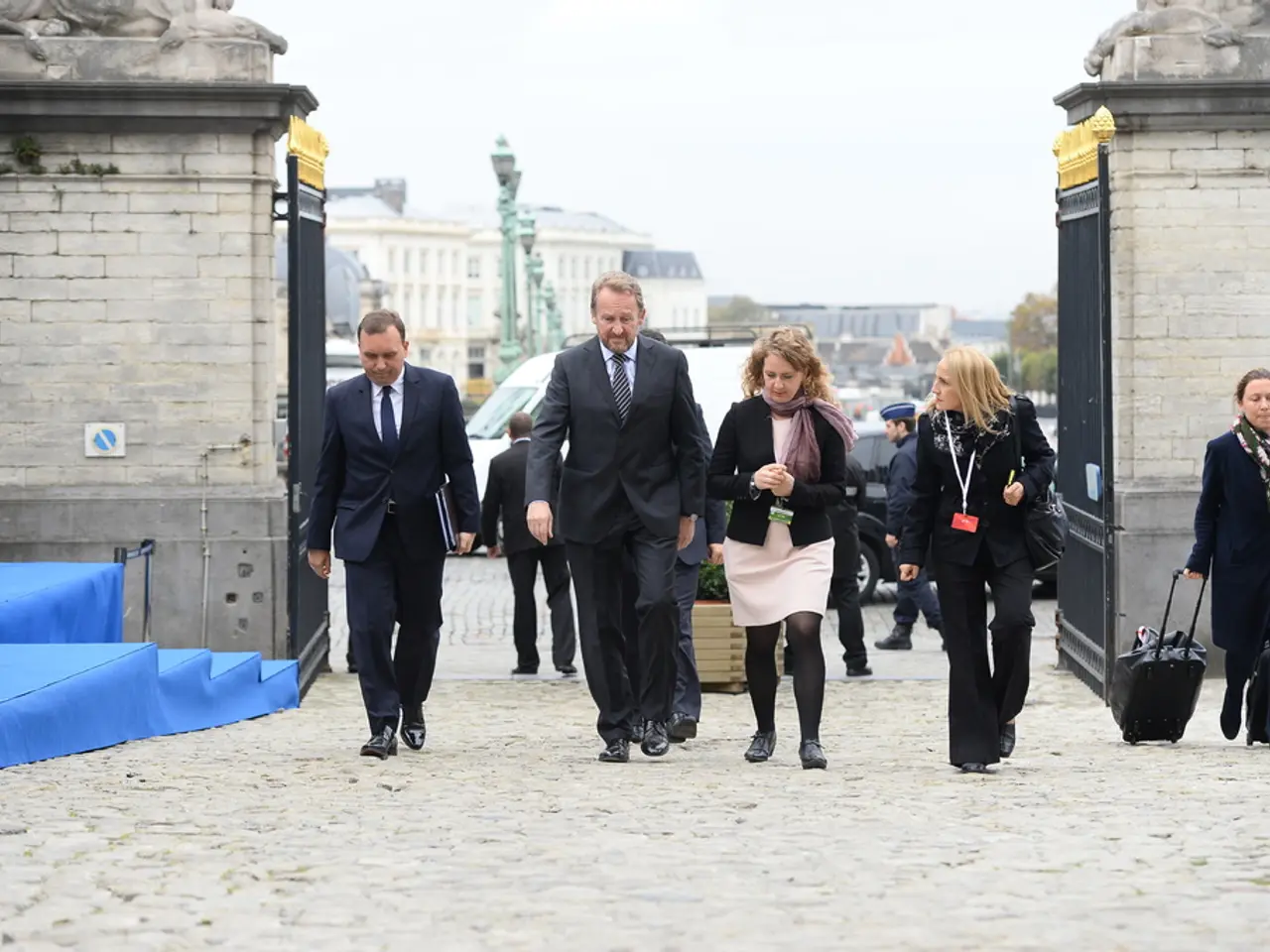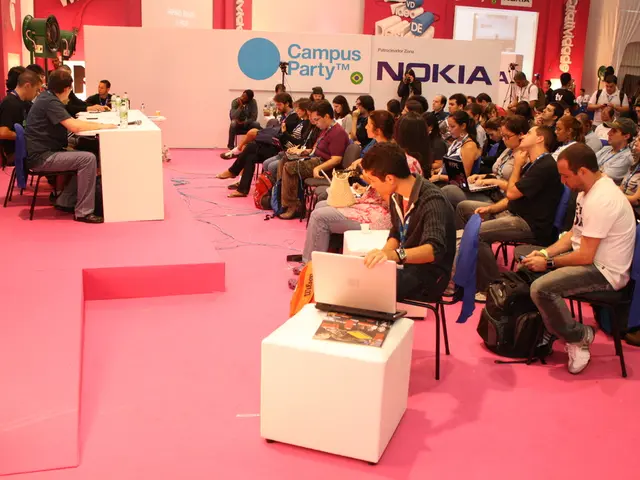Regional Variations in Employee Retention 2025: pinpointing crucial success elements
In a recent HR study titled 'HR-Realtalk: Salary, Meaning, or Flexibility - What Really Matters?', a fascinating insight into the preferences and priorities of German workers has been unveiled. The study, aimed at providing HR managers with guidance in developing sustainable binding strategies, reveals that a one-size-fits-all approach is ineffective in employee retention, as regional differences in priorities, value systems, and expectations necessitate differentiated strategies.
Across Germany, flexibility emerges as a significant factor in job choice, particularly in Bremen where 38% of respondents prioritise it above average. Companies that adapt their HR measures flexibly and differentiate between regions gain not only relevance but also resilience. In contrast, in North Rhine-Westphalia, 34% of respondents consider income the central criterion, which is higher than the nationwide average.
Interestingly, in Berlin, only 25% of Berliners consider salary important; instead, flexibility, meaningfulness, and work-life balance are equally important. This is echoed in Bavaria, where only 14% consider salary the most important factor, and work-life balance is decisive for 30%. In Mecklenburg-Vorpommern, the meaning of the activity is top priority for 40% of respondents, even before compensation.
The study also sheds light on the importance of ethical orientation for 40% of nationwide respondents. Topics such as diversity, sustainability, and integrity gain importance across all regions. In Saxony-Anhalt, 71% consider a shortened workweek the most important aspect of flexible work, which is the highest percentage nationwide.
Financial extras like bonuses and company pension schemes are the most desired benefits nationwide, with 34.4% preferring bonus models. Younger employees, especially Gen Z, show a strong interest in training opportunities, especially in Bremen, where career prospects are particularly valued.
However, the study underscores that a positive work environment is crucial nationwide, with nearly 40% of respondents considering high workload the central stress factor. Corporate culture should not be just lip service; values must be consistently integrated into daily life - across leadership, communication, and HR processes. Promoting team spirit, feedback culture, and appreciation is a central binding instrument, especially where emotional aspects are decisive.
In Bremen, a special regional focus on flexible working conditions, particularly in the public service and education sector, aims to prevent overload and retain skilled workers. This is evident in demands for flexible part-time models and the modernisation of administration inclusive of digitalisation. Regions like the Ruhrgebiet or Bavaria are less explicitly mentioned in the findings, although flexible working time models and good working conditions are discussed nationwide for workforce security. Bremen, however, is distinguished by specific educational and health framework conditions.
For more insights, the HR study 'HR-Realtalk: Salary, Meaning, or Flexibility - What Really Matters?' offers valuable guidance for HR managers in developing sustainable binding strategies.
Read also:
- United States tariffs pose a threat to India, necessitating the recruitment of adept negotiators or strategists, similar to those who had influenced Trump's decisions.
- Weekly happenings in the German Federal Parliament (Bundestag)
- Southwest region's most popular posts, accompanied by an inquiry:
- Discussion between Putin and Trump in Alaska could potentially overshadow Ukraine's concerns





